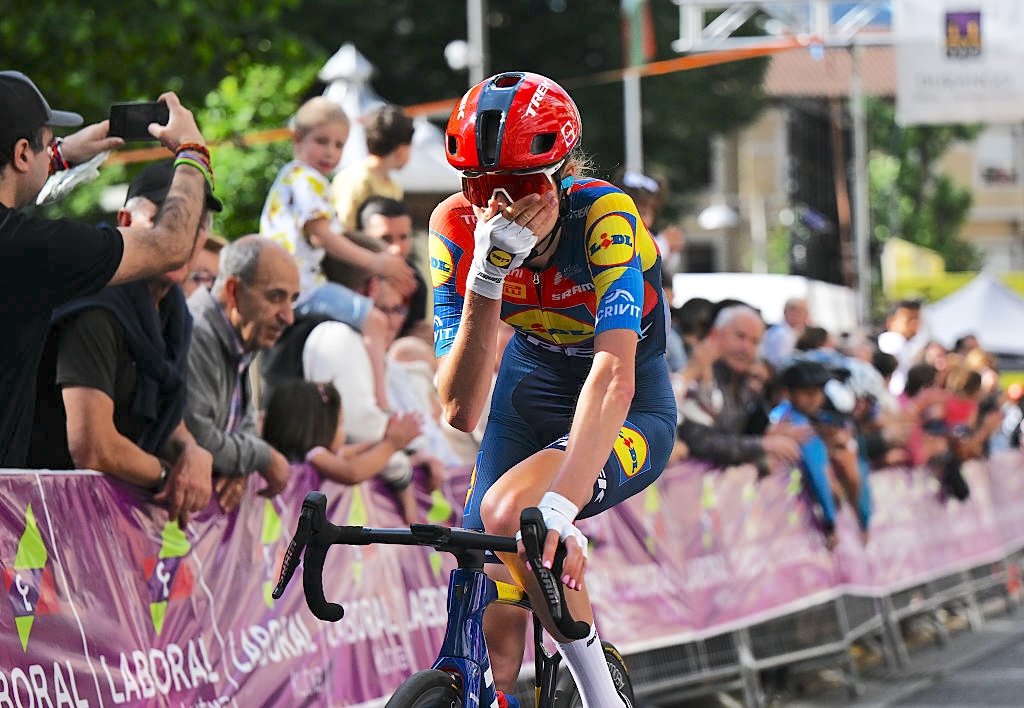Paolini hoping for leniency at UCI anti-doping hearing
Complex cocaine case due to be heard on Friday in Geneva
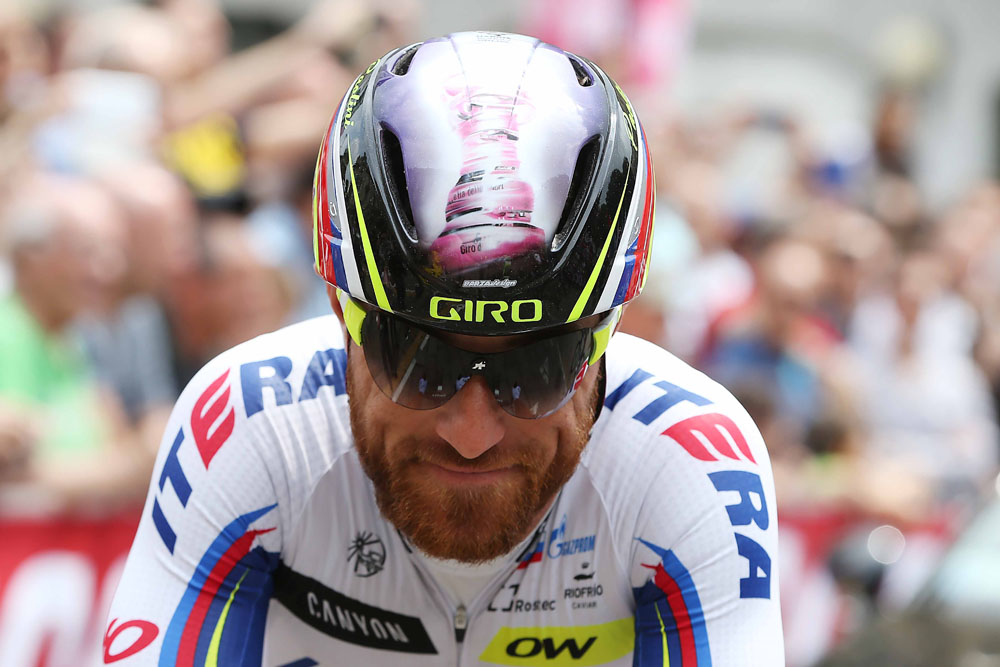
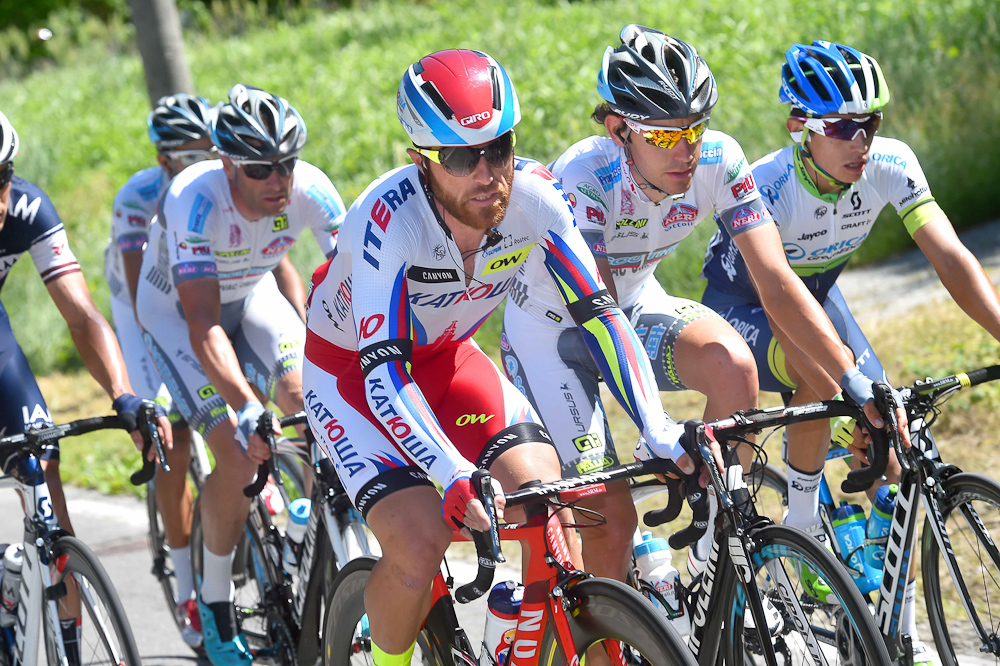
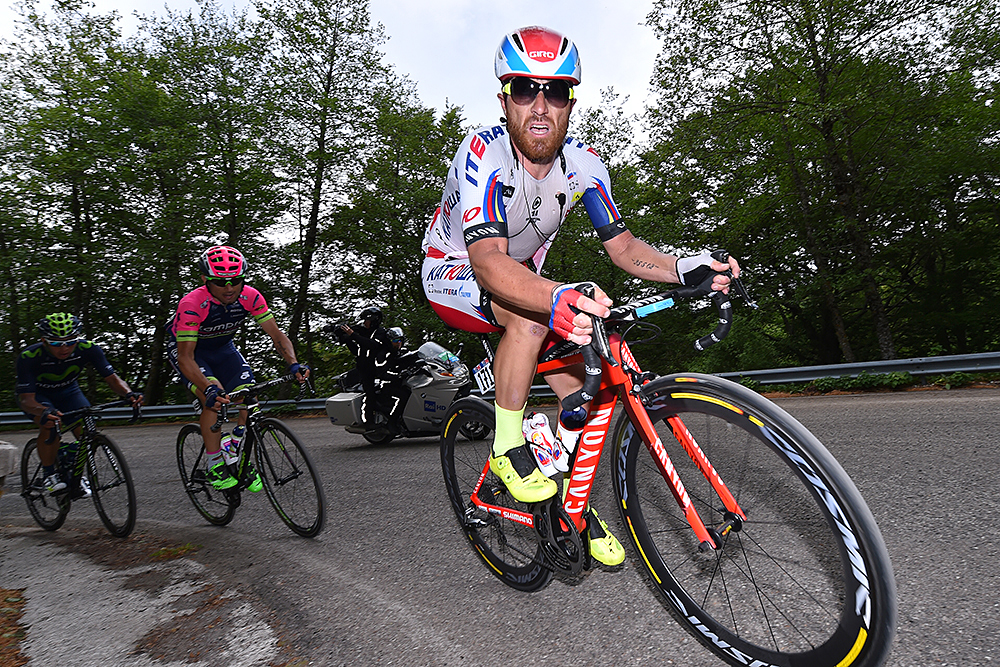
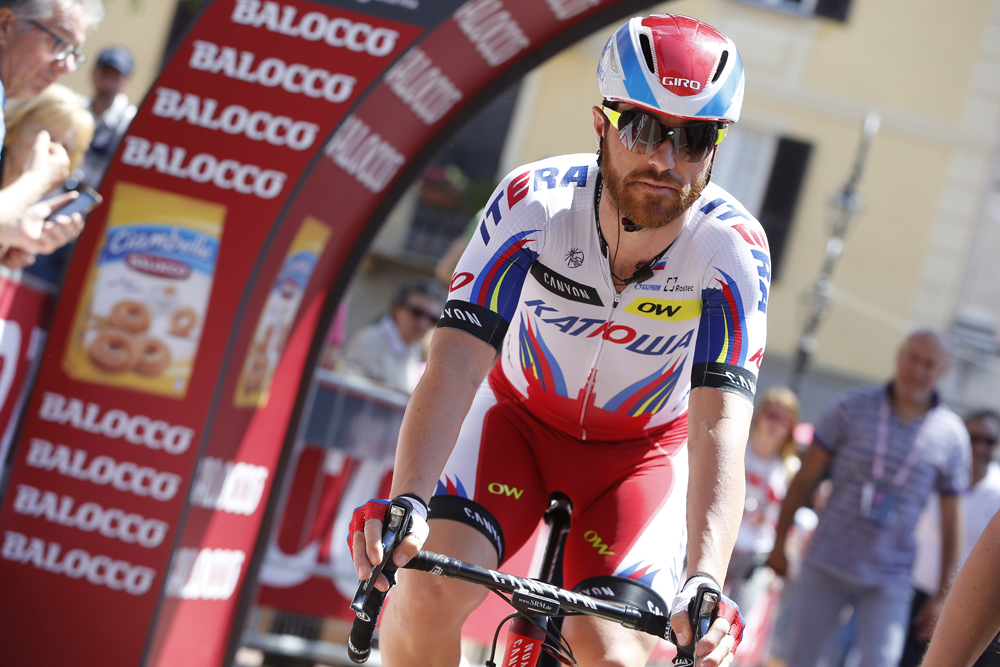
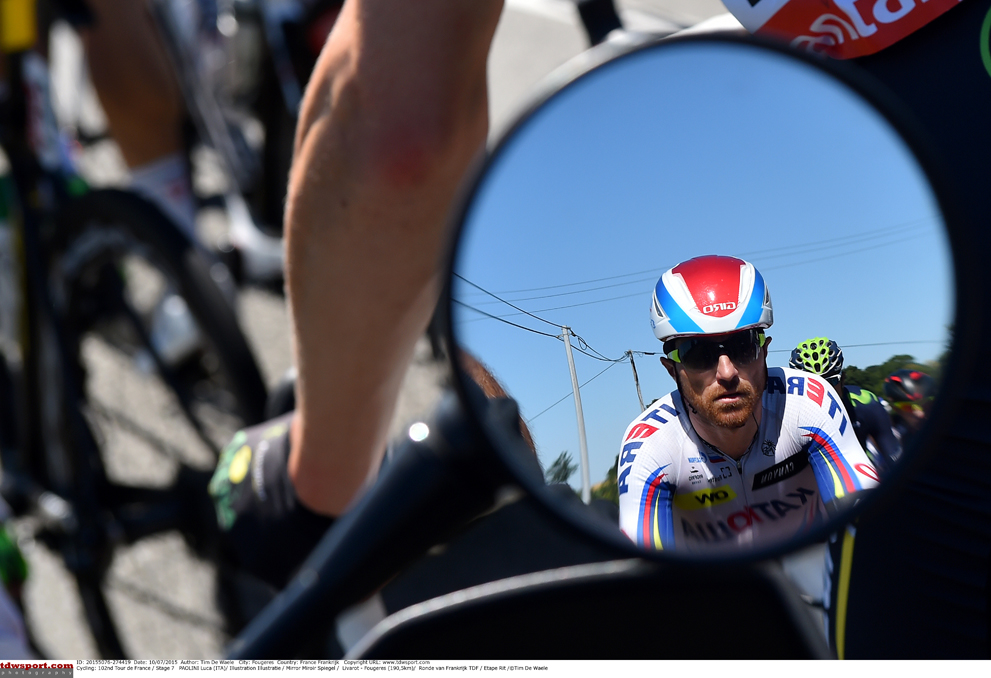
Luca Paolini is hoping for leniency from the UCI Anti-Doping Tribunal when it meets in Geneva on Friday to consider his anti-doping violation for cocaine.
The Italian tested positive for cocaine during the Tour de France and so faces at least a two-year ban but Paolini and his lawyers hope for a further reduction, perhaps opening the door to a possible return to the professional peloton. Paolini refused to accept a two-year ban and so his case will become one of the first-ever cases heard by the UCI’s Anti-Doping Tribunal and not by athlete’s national Federation or Olympic Committee.
Cocaine is classified as a banned substance in competition under the World Anti-Doping Agency (WADA) code but athletes are not banned if they test positive for the social drug out of competition. Paolini has claimed he took cocaine at a personal training camp in June and claimed it occurred at a low point in his life after several years of addiction to the sleeping medicine Minias (Benzodiazepine).
Since being suspended from racing following his A-sample test, Paolini has undergone treatment for his addiction to the sleeping medication. In an interview with Gazzetta dello Sport on December 28 he revealed he had been addicted to the drug for a number of years despite managing to win Gent-Wevelgem and continue a successful career with Katusha.
"It all started with sleeping pills, whose main active ingredient is benzodiazepine but this creates an addiction," he explained. "I needed a good night's rest to meet the physical and mental effort the next day. I started in 2004 when my brother died.
"The worst occurs at night. When benzodiazepine gains power I lose lucidity. And then came the cocaine. For me, it was inevitable. I did it almost without realizing it. I was alone that night, I was alone during the two weeks of training in the mountains in mid-June, before the Tour, when I took cocaine. And I cannot forgive myself. I am a husband, father, and a prominent sportsman, I had to be an example, I betrayed a generation that believed in me. This is what hurts me."
A return if cleared?
The latest race content, interviews, features, reviews and expert buying guides, direct to your inbox!
Paolini has yet to explain how he obtained the cocaine but has hired expert doping lawyers Marco and Federico Cecconi, who have defended several big-name riders in the past. To secure a limited ban or be cleared of a doping offence, Paolini will have to prove that he only took cocaine out of competition and not during the Tour de France, "in a context unrelated to sport performance," as per UCI rule 10.2.3.
His chances could have been boosted by the recent UCI ruling that allowed the Katusha team to escape a suspension from racing following two cases of doping within a 12-month period. Eduard Vorganov tested positive for Meldonium on January 14 but the UCI Disciplinary Commission decided to allow Katusha to race on because Paolini’s case was "not related to an intention to influence sporting performance but was rather taken on a 'recreational’ basis," the president of the Disciplinary Commission reasoned in a statement from the UCI.
The ruling is likely to spark a refining of the UCI rules concerning team suspensions and could influence Paolini’s hearing on Friday.
The 39 year-old Italian has started riding his bike again after his treatment to end his addiction to Minias.
"I've started to smile again, not only with my lips but inside me," he said in an open letter to the Bicisport magazine in Italy.
"Everything happens for a reason in life and the cocaine episode led me to resolve a problem (Minias) that had been tormenting me for years. I can accept that!"
After watching the Omloop Het Nieuwsblad race at the weekend, Paolini even posted a message on Twitter about a possible comeback in March.
"Two hours watching Het Nieuwsblad on television got me back on the rollers," he wrote alongside a photo of him on his Katusha team-issue training bike, "Who knows in March. Stay tuned," he wrote.

Stephen is one of the most experienced members of the Cyclingnews team, having reported on professional cycling since 1994. Before becoming Editor-at-large, he was Head of News at Cyclingnews. He has previously worked for Shift Active Media, Reuters and Cycling Weekly. He is a member of the Board of the Association Internationale des Journalistes du Cyclisme (AIJC).
